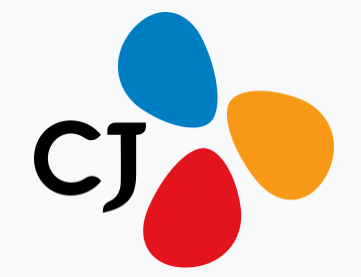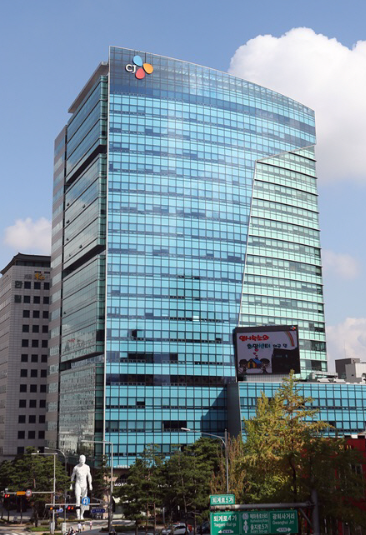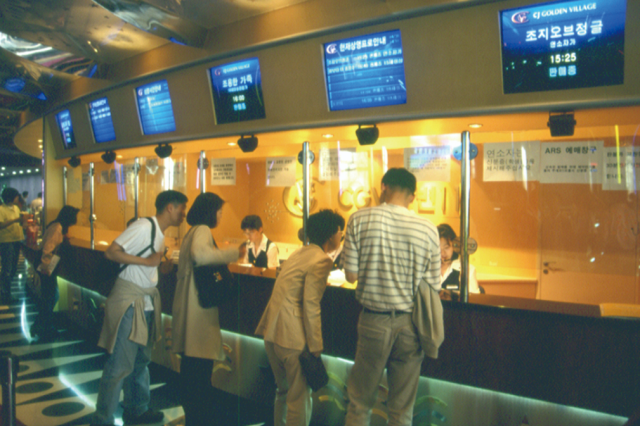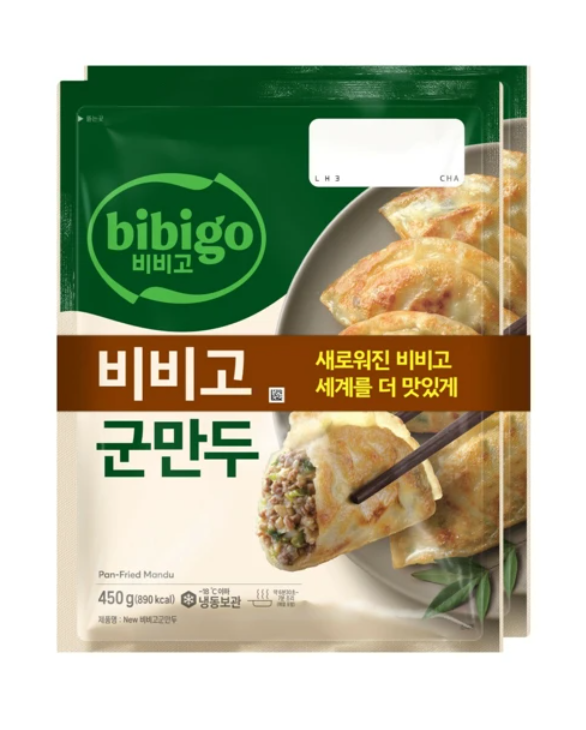
SEOUL, May 28 (AJP) - Long before it became a champion of Korean cinema and cuisine, CJ Group began life amid the rubble of war as a modest sugar producer.
Today, the company stands as a cultural and economic heavyweight, with its fingerprints on everything from Oscar-winning films to frozen dumplings found in American grocery stores.
Founded in 1955 as Cheil Jedang — meaning “first sugar manufacture” — the firm was the first manufacturing subsidiary of Samsung, launched by the conglomerate’s founder, Lee Byung-chul.
In its early days, CJ provided critical staples for a country struggling to rebuild after the Korean War, opening South Korea’s first flour mill and a sugar refinery in Busan. Over the ensuing decades, it expanded into artificial seasonings and livestock feed, laying the groundwork for what would become a sprawling empire.
The company's transformation took shape in the 1990s, when Cheil Jedang split from Samsung.
Under the stewardship of Lee Jay-hyun, a grandson of the Samsung founder, the company formally rebranded as CJ Group in 2002 and began an aggressive diversification campaign. What followed was the birth of a modern Korean conglomerate that would place culture at the center of its global ambitions.
“CJ doesn’t just make food or film,” said a company spokesperson. “We aim to export the Korean lifestyle.”
Indeed, CJ was instrumental in constructing South Korea’s entertainment infrastructure.
It launched CGV, the country’s first multiplex cinema, in 1998, and soon after established a home shopping network. But its most significant move came through a strategic $300 million investment in DreamWorks in the late 1990s. That bet — engineered by Lee Jay-hyun’s sister, Miky Lee — gave the company a front-row seat to Hollywood and the insights needed to bring Korean content to a global stage.
That experience culminated in a watershed moment: the global triumph of Parasite, which CJ distributed. The 2019 film, directed by Bong Joon-ho, became the first non-English language film to win the Academy Award for Best Picture — a symbol of Korea’s cultural ascent.

Through CJ ENM, its entertainment and media arm, the conglomerate now drives much of the Korean Wave, or hallyu. Its Mnet Asian Music Awards — staged in cities like Macau, Singapore, and Hong Kong — claim over one billion global viewers, according to company data.
At the same time, CJ CheilJedang, its food subsidiary, has orchestrated a parallel expansion of Korean cuisine. The company identified seven “Global Strategic Products” — mandu (dumplings), cooked rice, chicken, K-sauce, kimchi, dried seaweed, and gimbap rolls — as its culinary emissaries. Between 2017 and 2022, U.S. sales surged from 1.6 trillion won to 8.2 trillion won, with North America now accounting for roughly 80 percent of overseas revenue.
CJ has also planted restaurant brands across major cities, including Bibigo, a fast-casual bibimbap concept, and the bakery chain Tous les Jours, which debuted in Los Angeles in 2004 and has since expanded to China and Vietnam.
As of 2024, CJ Group reported annual revenue of 43.65 trillion won (approximately $32 billion), making it South Korea’s 13th-largest conglomerate. Its diversified revenue streams reflect the breadth of its business: CJ CheilJedang contributes 44 percent of group earnings, logistics unit CJ Korea Express 27.6 percent, entertainment via CJ ENM 10.4 percent, and health-and-beauty chain Olive Young 9.4 percent.
The company’s biotech division, once a global leader in amino acid production for animal feed, is now up for sale — a 6 trillion won divestment that will refocus efforts on newer priorities.

CJ’s future ambitions are captured in its “World Best CJ 2030” strategy — a plan to become a global leader in at least three business sectors.
To this end, Lee Jay-hyun has pledged 20 trillion won in investments through 2025 across four key pillars: culture, platforms, wellness, and sustainability. That includes 4.3 trillion won allocated to intangible assets such as artificial intelligence and big data.
CJ is positioning itself as a meritocratic outlier in a business culture often shaped by age and hierarchy.
Lee has promoted a philosophy he calls hagojabi — advancement based on talent, not tenure. The result: roughly 75 percent of the company’s workforce is composed of Millennials and Gen Z, with employees born in the 1990s now making up more than a third of staff.
From sugar to cinema, from soybean paste to social platforms, CJ Group’s evolution mirrors South Korea’s own: scrappy, ambitious, and global in outlook.

Copyright ⓒ Aju Press All rights reserved.

